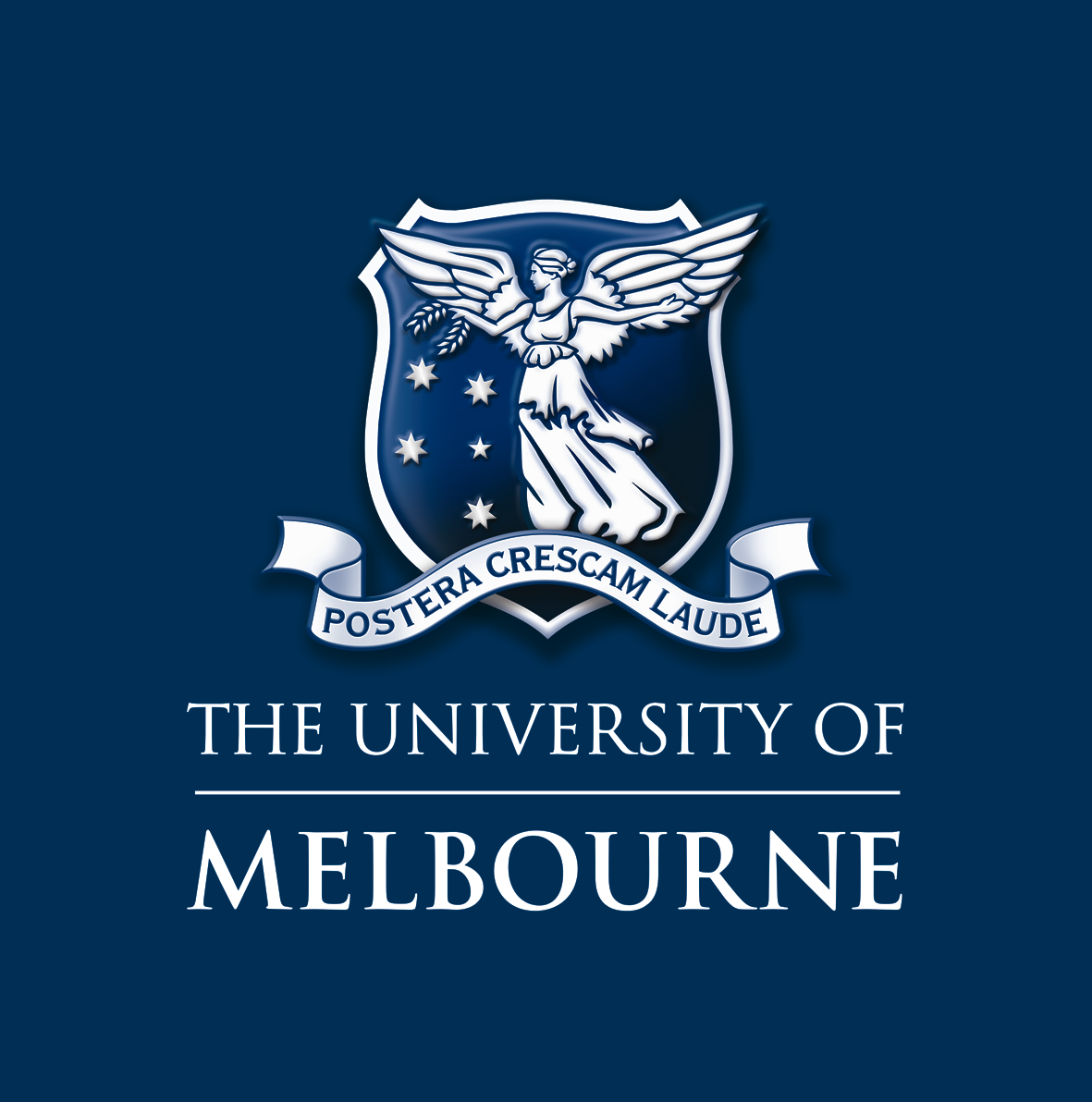Project: Expanding the diversity of animal astroviruses through transcriptome mining
Howden Group
Astroviruses cause a number of diseases in humans and human astroviruses are responsible for 2-4% of endemic diarrhea worldwide. This virus family is also responsible for disease in food production animals, and small scale studies have strong suggested at a large undescribed diversity. Through interrogation of transcriptomic libraries in the Sequence Read Archive (SRA), a large diversity of Astroviruses are present and undescribed. This computation project will centre around annotation of Astroviruses in libraries of interest, such as those from birds and food production animals to substantially expand known virus diversity. Furthermore, through phylodynamic analysis, we may better understand the evolution of these viruses, and the risk for cross-species transmission events between the human:animal, and production animal: wildlife interfaces.
This is a computation project aimed at expanding the diversity of animal astroviruses. The first component will be mining the Sequence Read Archive (SRA) for previously undescribed Astroviruses, identified through serratus. The evolution of this virus family will be clarified through phylodynamic analysis
Contact project supervisor for further
information and application enquiries
Howden Group
2 vacancies


Our research uses genomics, molecular biology, epidemiology and clinical studies to address a broad range of issues related to invasive bacterial diseases in humans, including antimicrobial-resistant and hospital-associated pathogens such as Staphylococcus aureus, Enterococcus faecium, Klebsiella pneumoniae and Escherichia coli.



